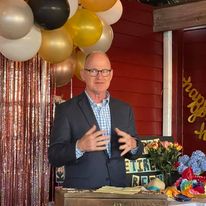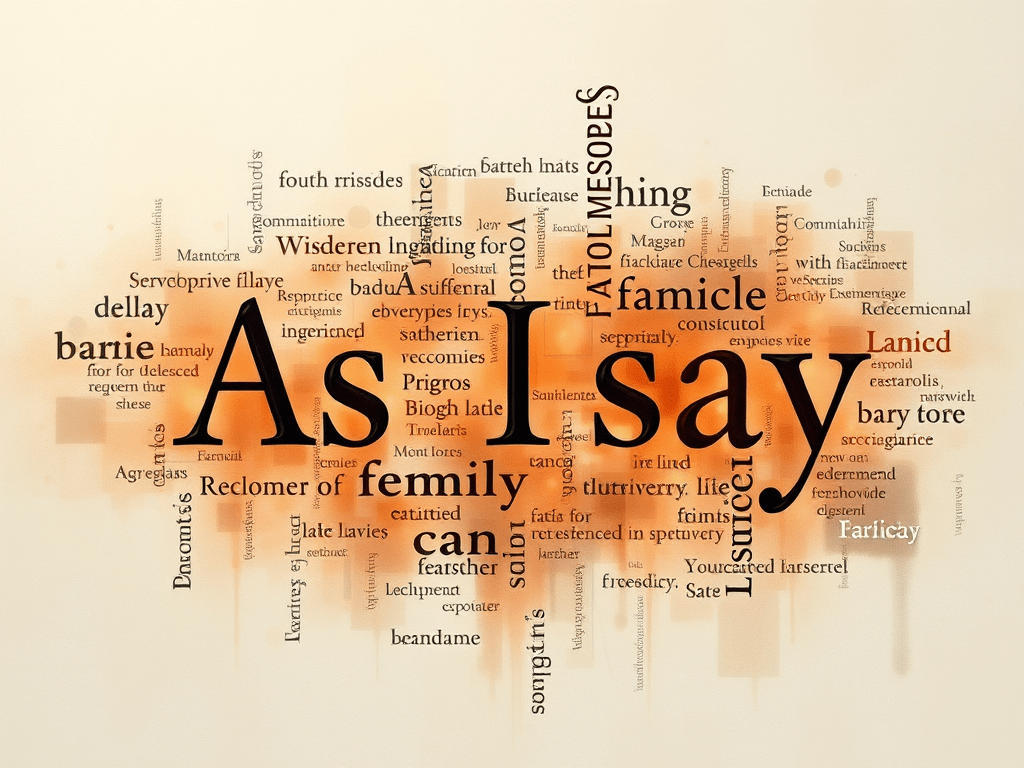Our students are not going to do as well on the state assessments this year as they did in the past. This is what Ken Slentz and others at the New York State Department of Education are saying. Dr. Slentz, who is a deputy commissioner at the department, stated this in a memo sent to the field in March:
“The first New York State tests to measure student progress on the Common Core will be administered in April 2013 for Grades 3-8 ELA and math. Because the new tests are designed to determine whether students are meeting a higher performance standard, we expect that fewer students will perform at or above grade-level Common Core expectations (i.e., proficiency) than was the case with prior-year State tests.”
I’m not exactly sure what to make of this assertion…
On the one hand, I appreciate the candor of the state education department officials in admitting that student scores are going to be low (of course the cynic in me also sees this as damage control before the fact; so that when students’ grades are lower, State Ed can say, “we told you so”.) The memo also goes on to say that the lower student achievement will not affect achievement measures as far as the different ratings used to determine schools’ standings, also referred as Annual Yearly Progress or AYP. This certainly must come as a relief to schools who every year find themselves in the crosshairs of NYSED because of their low achievement scores. Fortunately for us at Jericho Middle School our students consistently outperform students across the rest of New York State; not making AYP does not make us lose sleep at night.
Whether or not you like the common core learning standards, one must admit that New York State has done a good job in putting information out to the field about them. EngageNY is a model for educators across the nation. I was on a twitter chat a few weeks ago and a teacher from another state, I think it was Hawaii, commented that she uses resources from EngageNY to understand and use the common core learning standards.
I agree with many of the positive aspects of the common core learning standards. I like the fact that most states are using the same academic standards now. I like the fact that literacy and numeracy are emphasized throughout the curriculum, not just in ELA and math. I like the emphasis on depth rather than breadth. Sometimes it doesn’t feel that way. Because this is the first year of common core implementation teachers have spent time filling in gaps; parents have commented that it feels as if the curriculum is proceeding too fast. Hopefully over time it won’t feel this way.
On February 7, at a PTSA coffee hour, a very lively discussion took place devoted to the math common core which students are finding particularly challenging. Our curriculum associate for math, Helene Kriegstein, shared with parents comprehensive information about the new standards as well as strategies they could use to help children. You can view the PowerPoint and materials from this meeting at the middle school website. I appreciated the feedback we heard from parents at this meeting. More than a few parents questioned whether the common core learning standards are developmentally appropriate for students in middle school. In other words, are our children being asked to do things that they simply cannot do.
But, I worry that the common core is asking students to do things that they cannot do developmentally. Lebron James can dunk a basketball; the rim is 10 feet high. If I raise the rim to 11 feet he’ll probably still be able to dunk. He could probably dunk on a 12 foot rim. Could Lebron dunk on a 13 foot rim, how about a 14 foot high rim? There’s a difference between raising expectations and setting the bar at a point where children cannot reach it. A parent alerted me to a well-written blog by a teacher of considerable experience about this very issue, I recommend you read it. Its title says it all, Common Core and Suspension of Child Development. The author talks about challenging geometry concepts she was teaching her own children in grades five and seven. These concepts seemed familiar to her and she thought she had notes on it in a box in her attic. When she looked in the box, she found the topic covered in her 10th grade geometry class notes. This is what people have been saying for years about education, we’re teaching things to kids in fifth grade that we used to teach them in eighth grade, and eighth graders are learning what we used to teach 10th-graders and so on and so on. With the common core learning standards, we’re hearing this more than ever.
I’m nothing if not an optimist, I always see the glass as half-full. In order to clarify my own views and offer the best leadership that I can, I will keep an open mind, try to keep my eyes and ears on students’ experiences as learners, read as much as I can, and engage in professional conversations with networks of educators who care deeply about these issues . It’s my hope that over time, as educators across the nation become more conversant in the common core learning standards, whatever changes are necessary to help our children succeed, will be made. I KNOW that everyone in our community here at Jericho cares too much about our children to let them do anything but excel!







Leave a reply to dfgately Cancel reply